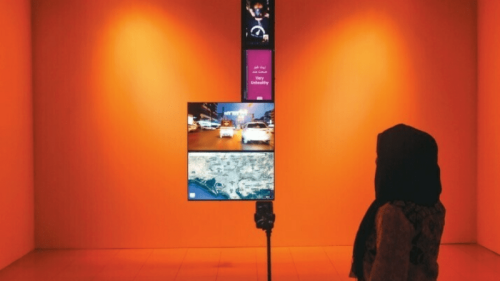
Judging by the number of messages I get from Pakistanis on social networks asking for help – embellished with tales of discrimination and economic hardship – there must be some truth in this. However, the majority of the million are a post-colonial legacy and form part of complex story of Empire and global migration patterns.
Many Britons have never heard of the Mangla Dam or Britain’s promise of support, as 250 Mirpuri villages were flooded by the British construction project. In 1967, the British invited a displaced Pakistani community of thousands to establish themselves in Britain. It also served the labour shortage in Britain’s textile mills. The same lack of workers in the 1960s saw the British Ministry of Health recruiting nurses and domestic workers directly from the West Indies, and London Transport establish a recruitment office in Barbados.
Brits in Spain
Last week I visited Spain and was astonished to learn that nearly a million people of British heritage live there. In fact it’s the top choice for Brits wanting to escape the UK, but not Europe. And globally only English speaking Canada/North America and Australia rank higher in terms of numbers of expat Brits. Bafflingly, in Spain Brits make up the fourth largest migrant group (behind Moroccans, Ecuadorians and Romanians). Pakistanis in the UK are the third largest group (after the Irish and the Indians).
I wondered what the British “Mangla” was? What were the initial drivers for mass British migration to Spain?
I scoured the internet looking for research and opinion, I asked people I met and I also quietly asked myself (as a potential migrant to-be) - “Why migrate to Spain, a country with no real historical connection?”
The number one reason appears to be the weather (it’s a cliché, but the weather is important to us Brits). The improved cost of living (and great health service) appears on most migrant’s lists. But there is an interesting third favourite emerging and it is, “because we don’t like how things are going in the UK”. This could be about the pace of life being too fast, shops opening on a Sunday, struggling to make ends meet, loss of community, and for some, the perception of a rise in migrants to the UK resulting in a Britain that feels less “British”. The irony on the last point is clear, but it is worth noting that the “Little Britain” being established in Spain identifies itself as being more British than the British.
Indeed, there is evidence to suggest that the British don’t always integrate terribly well in their new home. British food, drink, customs and cultures are obvious in some coastal areas, but we also saw union flags fluttering in remote desert scapes and British bowling clubs advertised up in wild mountain passes!
Dr Karen O’Reilly’s research into the extent and nature of integration of European migrants to Spanish society found, “a third of [British] migrants rarely or never meet Spanish people (other than in shops and restaurants), 60 per cent do not speak good Spanish, half never read a Spanish newspaper, most have never voted in an election in Spain, half do not have residence cards, and over a third are not registered on the town hall register”.
One cannot help juxtaposing the criticism of non-integration that many level at the Pakistani and South Asian communities living in Britain.
Identity Crisis
A wry smile crosses my lips as I think of my friends in the UK who are most definitely more Pakistani than Pakistanis. Just to confuse things, an Israeli friend once told me, if you want to stop being Jewish, come to Israel. And if you want to feel like a true Israeli – move to America. It appears our identities are compounded by being “the other”. I certainly speak the Queen’s English and spout the wonders of multi-cultural Britain best when I am in another far away place – in fact, I made a living out of it for over a decade.
I recently read evidence that the Brits have created a self-sufficient economic micro-climate to avoid the financial woes the rest of Spain are facing. Let’s not forget the Spanish are not really inviting us there. They don’t have a labour shortage, they have mass unemployment. So, although there was no “Mangla moment”, British migration to Spain is as a result of another foreign-policy legacy – that of freedom of movement within the European Union. We are in the midst of another chapter of human migration and yes, integration.
So why am I thinking of moving to Spain? I’m joining a migration pattern inspired by sunshine and mountains, but for me too it’s about identity and re-invention. The fact is, however “British” I am, I am at my strongest when I don’t need a nationality to cling to – when my identity is formed by my interests, passions and abilities – let’s hope Spain makes it happen.
If you are a Pakistani living in Spain I’d love to write about your experiences – please get in touch.












































